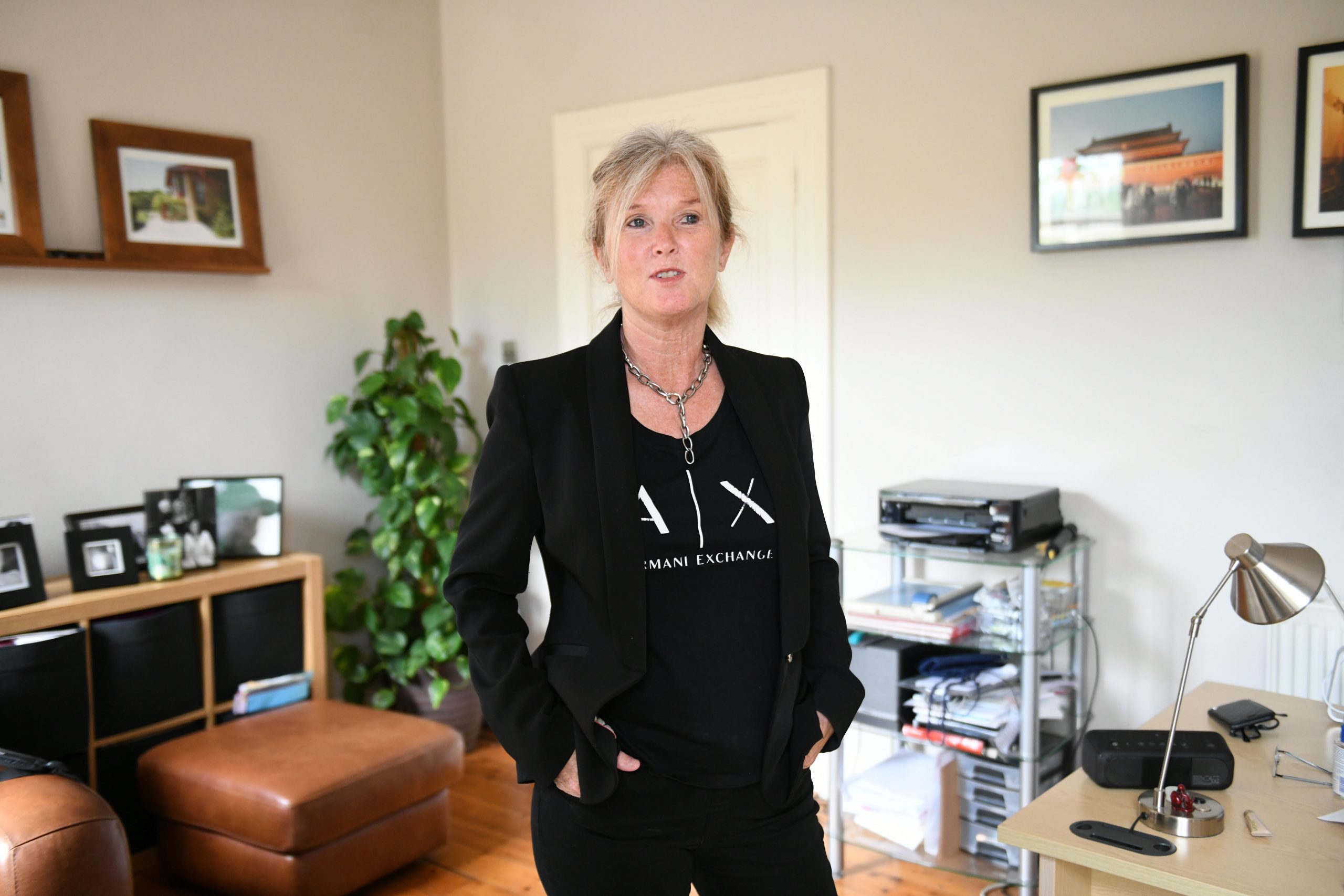After 25 years running her own travel agency – and more in the tourism industry – Mary McKenna thought she had seen it all. Then came Covid-19. “I am a glass half full person, this will end at some stage, but it’s probably one of the biggest challenges the world has ever seen from a business point of view,” she says. Previous crises did hit travel hard, but never like this. “It’s very different. It’s like a tsunami. It’s gone through the world, it’s shocking and it happened so fast,” McKenna reflects. “Okay, September 11 was a shock, but you…
Cancel at any time. Are you already a member? Log in here.
Want to continue reading?
Introductory offer: Sign up today and pay €200 for an annual membership, a saving of €50.

